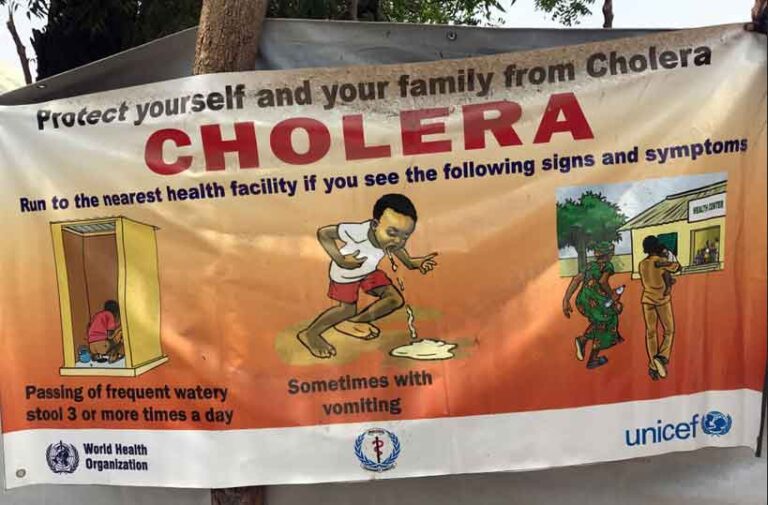The WHO established treatment centers throughout the country to deal with the outbreak, that began in August last year, and to provide quality medical care to the population, the Addis Standard news agency reported.
However, local sources suggest that the bacterial disease could have been spread further, affecting 11 regions by 2022 with a death toll of 320.
The cholera outbreak was triggered by food insecurity following the interruption of food aid by organizations such as the UN World Food Program and other international agencies, lack of adequate sanitation and water supply problems.
On the other hand, the United Nations Agency for Refugees (UNHCR) also expressed its concern on the situation in Metema, Amhara region (north) where more than 18 thousand people who fled the conflict in Sudan are hosted.
As of September 12, eight cholera deaths were reported among the 435 suspected cases.
Stocks of vaccines against the disease for routine immunization are also running low, putting refugees at risk of new infections, UNHCR warned.
Similarly, a lack of ambulances to transport and channel patients, insufficient medical equipment for treatment and a shortage of critical health personnel are putting lives at risk and hampering the humanitarian response.
Anti-disease kits were sent to Metema and an isolation tent and infirmary were set up.
jrr/arm/mem/nm









